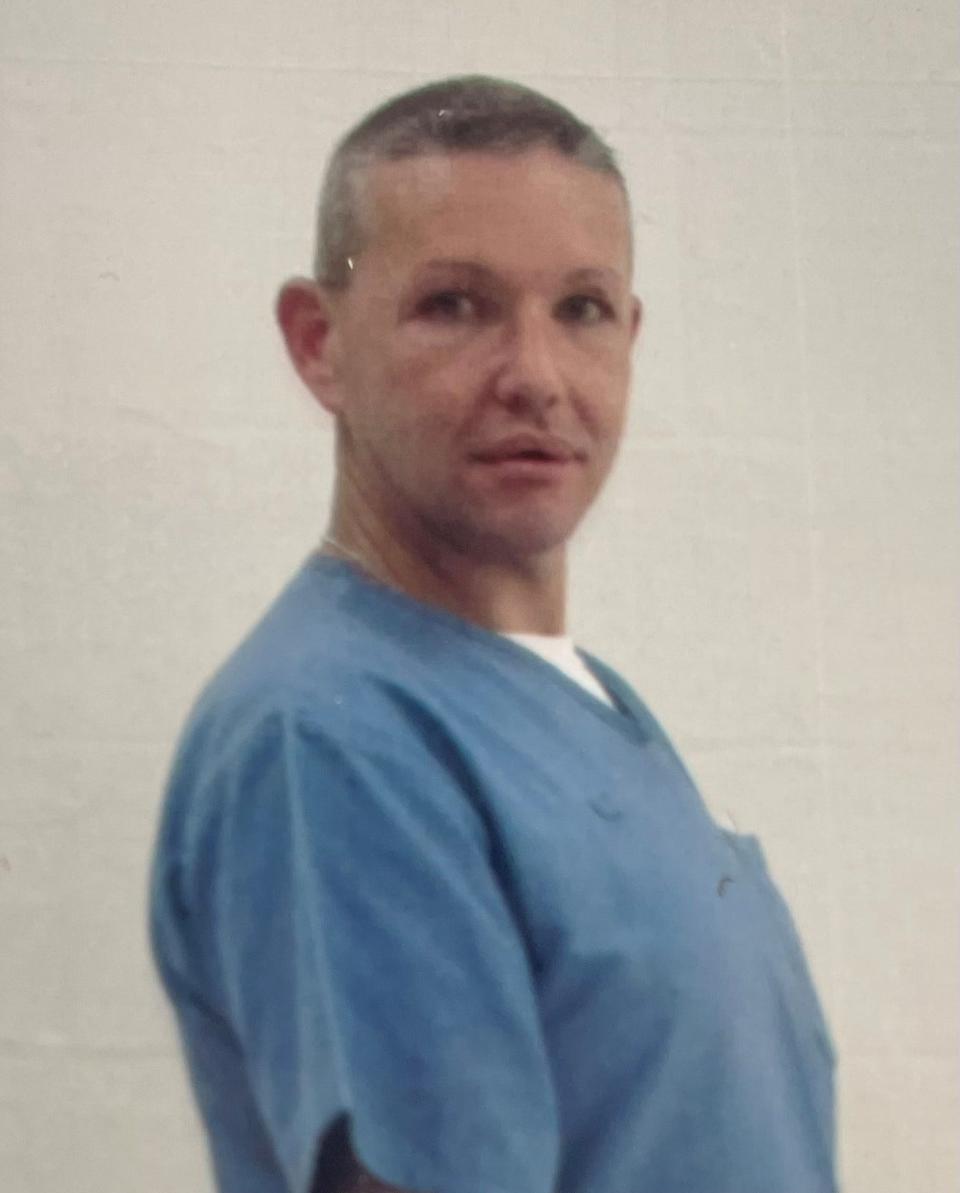Reading behind the walls | Opinion
Eighteen years I've lived behind the walls, contemplating how I can leave this wretched existence. Yet years ago, I began a journey of escape, one that has taken me in sojourns around the globe. My reading of Great Books changed my life. In prison one possesses time to think, to digest and think of the offense that led me here. I have learned through reading.In Fyodor Dostoyevsky's “Crime and Punishment,” Raskolnikov commits murder for no real gain, thinking at the time it's a cool choice; finding it is not so. The entire point of this novel is unrelated to the criminal justice process. Raskolnikov becomes tormented with remorse for what he's done. He punishes himself more severely than any tribunal could bestow upon him.
Working through his demons, Raskolnikov is able to help others—transforming them and his very life. Dostoyevsky captures the feelings of the incarcerated and fluently relates them on paper.I encounter Jean Valjean of “Les Misérables” in France. He is perhaps the greatest literary character with resonance for incarcerated persons.
Victor Hugo captures the essence of being convicted and the tribulations that one faces as a convict. Hugo provides us with an amazing life story.Valjean is as real to me as anyone within my dorm. His yellow passport — a mark of disenfranchisement from society -- is embedded upon my heart as much as his. His transformation has been an inspiration.
Valjean was sentenced to the gallies for stealing a loaf of bread to feed his poor sister and her children. Time was added due to his repeated attempts to escape. He was locked up for 19 years. Reentry was challenging all due to his yellow papers. He had become hardened by oppressive treatment in the gallies.
All doors were closed to him, except one. A priest openly shared his home and hearth. Yet Valjean reacted to his kindness by stealing the priest's silver, disappearing into the night. Upon being captured and returned for his crime, the priest simply says in the police officer's presence, "You forgot the candlesticks," implying that the silver was Valjean’s to take. It was a second chance. Once police departed, annoyed to have no case, the priest admonished Valjean to be honest henceforth and to keep the silver.This became a turning point. Valjean changes from being an impenitent scoundrel to becoming an upstanding man in society. Like Valjean, I've been given (or taken) some candlesticks and my life is changed in parsing the implications.Strolling the streets of Barcelona with Carlos Ruiz Zafón, I enter his most sacred creation, a cemetery of forgotten books. I find an amazing place created from his mind's broad absorption of belles lettres. In this cemetery you become a member of his coterie.
Opening a book transforms me in place and spirit, feeling lighter and freer. I can wait for Isaac, the gatekeeper of Zafón's cemetery, to open up, letting me in to choose another book, adding to the nearly 200 Greats I've read. Books written long ago make one think of correlations to current events.Consider, “The Plague” by Albert Camus. A doctor in Oran, Algeria narrates. A plague carried by rats has arrived. Soon the sick dye quickly. The virus spreads rapidly. Eventually people are told to shelter in place. Special camps are set up to house the sick. The city is locked down. Treatment is rationed. Volunteers are heroic but many of them also fall victim to the plague and die.Sound familiar? Did Camus foretell Covid-19? Where did the idea and inspiration for a novel over half a century before the current pandemic come from? So many questions remain unanswered about Camus’ plague and Covid-19.Dostoevsky wrote, "The mystery of human existence lies not in just staying alive, but in finding something to live for."
Before my Great Book reading program, I was just staying alive. Now I've found a great deal to live for. Books are an inspiration to be anything you want to be and delve into the mystery of human existence.
Each of us can capture something unique from the books we read, and find our own "something" to live for.

Eulis R. Campbell is a resident of Madison (FL) Correctional Institution, serving a 40-year sentence for second degree murder, grand theft, and arson in Palm Beach. He has completed his associate degree and is working on a baccalaureate.
JOIN THE CONVERSATION
Send letters to the editor (up to 200 words) or Your Turn columns (about 500 words) to letters@tallahassee.com. Please include your address for verification purposes only, and if you send a Your Turn, also include a photo and 1-2 line bio of yourself. You can also submit anonymous Zing!s at Tallahassee.com/Zing. Submissions are published on a space-available basis. All submissions may be edited for content, clarity and length, and may also be published by any part of the USA TODAY NETWORK.
This article originally appeared on Tallahassee Democrat: Reading behind the walls | Opinion

